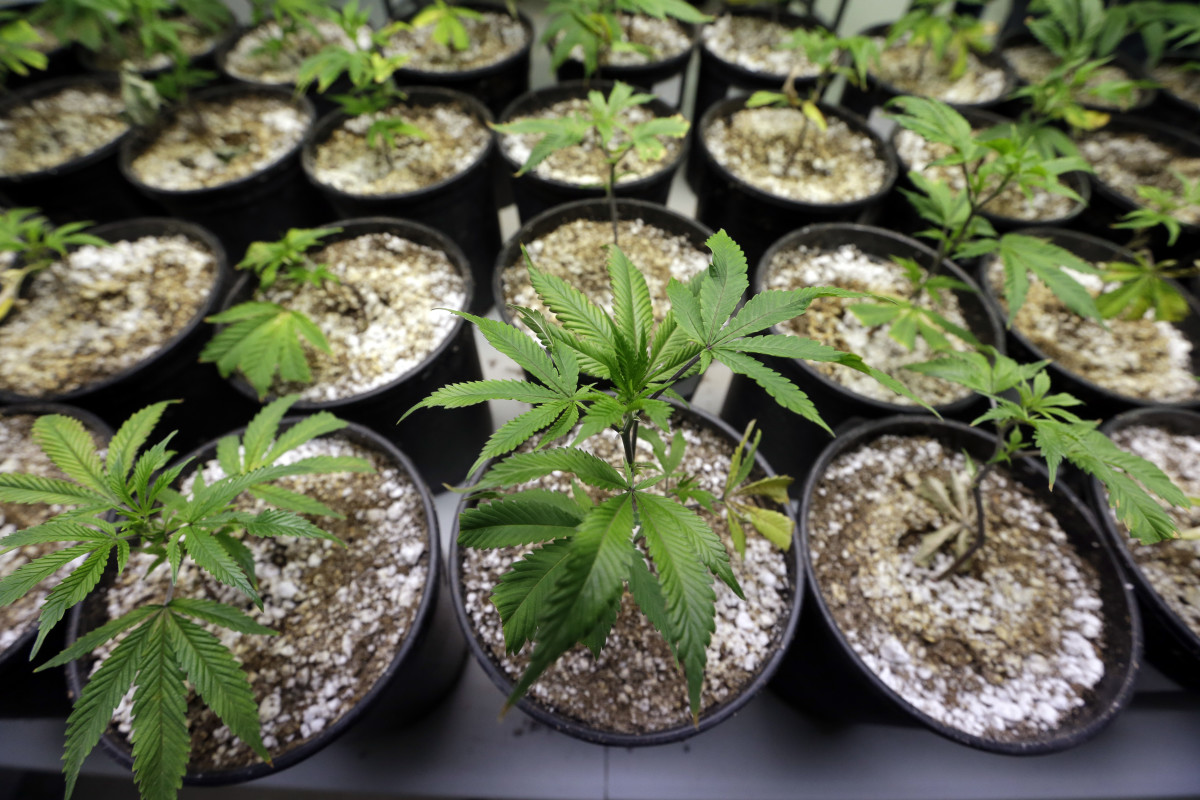The mandatory minimum punishment laws for the production of a controlled substance, contrary to Section 7(1) of the Controlled Drugs Substances Act, was struck down as unconstitutional by the Ontario of the Appeal.
Published On: May 17,2018

The Ontario Court of Appeal upheld a decision of the Superior Court in striking down the mandatory minimums required under ‘Unauthorized Production” provisions of Section 7(1) of Controlled Drugs Substances Act (the “CDSA”). InReginaand VU, 2018 ONCA 436, the Ontario Court of Appeal considered three (3) separate sentence appeals, from three (2) accused persons who had levied a challenge, through defence counsel, to the constitutionality of the mandatory minimum sentences for marijuana production under the CDSA. Each defendants, Pham, Vu, Li, were convicted of unauthorized production of marijuana under s.7(1) of the CDSA. Criminal Defence counsel, at the sentencing stage, had filed an application under the Judicature Act to challenge the applicable mandatory minimum as contrary to s.12 of the Charter of Rights and Freedoms as cruel and unusual punishment. Each appeal is summarized below.
In the Regina v. Pham appeal, the Ontario Court of Appeal upheld the sentencing judge’s ruling (which is reported at 2016 ONSC 5312) that the two (2)-year mandatory minimum under CDSA s.7(2)(b)(v) which involves the production of more than five hundred (500) plants was contrary to s.12. That same order of juridical logic was applied to s.7(2)(b)(vi) (three-year minimum for production of more than five-hundred (500) plants where statutory aggravating factor applies. What is more, the ONCA also upheld the ruling, from the Sentencing Court, that the aggravating factor under CDSA s.7(3)(c), which is the production constituting a potential safety hazard in a residential area was unconstitutional. In considering the application of the famed Reginav. Oakes, [1986] 1 SCR 103test, the highest Court in Ontario found that none of these provisions could be saved under s.1 of the Charter. The Court stated the following in relevant part:
[83] I do not accept these submissions. With respect to ss. 7(2)(b)(vi) and 7(3)(c), they ignore the fundamental finding that this three-year mandatory minimum can apply to persons who have no moral culpability in relation to the statutory aggravating factor. The provisions could have been tailored to avoid this result. They are neither minimally impairing nor proportionate. [84] Similarly, with respect to s. 7(2)(b)(v), as the Pham sentencing judge noted, Parliament could have provided a safety valve to allow judges to grant exemptions in exceptional cases. Once again, the provisions are neither minimally impairing nor proportional.
The court also rejected the Crown’s argument, raised for the first time on appeal, that the impugned mandatory minimum provisions could be “read down” by inserting the words “if the production is for the purpose of trafficking” into each subsection.
In the Reginav. Vuappeal, the Ontario upheld Justice Durno striking down of the three (3) year minimum arising out of s.7(3)(c) of the CDSA(reported at 2015 ONSC 5834 and 2015 ONSC 7965), but set aside his ruling that the two (2) year minimum under s.7(2)(b)(v) was constitutional. The court held that its findings in the Phamappeal governed the constitutional issues in the Vu Appeal with equal force. Durno J. had also struck down the mandatory minimums under ss.7(2)(b)(i) and (ii) of the CDSA (less than 201 and more than five plants). The accused had not been charged under these sections. The Court of Appeal agreed with the Crown that it was not open to the sentencing judge to declare invalid provisions not applicable to the accused. As a result, the Crown did not have an appeal route in relation to these declarations as they did not play a role in the sentencing decision and the court did not have to consider their constitutionality.
In the Li appeal, the court reversed the sentencing judge’s ruling (reported at 2016 ONSC 1757) and held that the 12-month mandatory minimum under s.7(2)(b)(iii) of the CDSA (production of more than 200 but less than 501 plants) violated s.12 of the Charter and could not be saved under s.1. The analysis and reasonable hypotheticals from the Pham appeal applied equally to this accused. The Court concluded the case in the following terms at paragraphs 119 to 121:
[119] In summary, I would dismiss the Crown’s appeal in Pham and uphold the declarations that ss. 7(2)(b)(v), (vi) and 7(3)(c) of the CDSA are unconstitutional. [120] I would also dismiss the Crown’s appeal in Vu. My conclusion in respect of the Pham appeal governs the constitutional arguments in relation to ss. 7(2)(b)(v), (vi) and 7(3)(c). The Crown has not demonstrated that it has an appeal route to this court relating to their ss. 7(2)(b)(i) and (ii) argument as the declarations of invalidity in relation to those sections had no impact on the sentence Mr. Vu received. As Mr. Vu has now completed his sentence, I would dismiss his sentence appeal as moot. [121] Finally, I would allow Mr. Li’s appeal. Based on my reasoning in the Pham appeal, I would hold that s. 7(2)(b)(iii) of the CDSA violates s. 12 of the Charter, cannot be saved by s. 1 and should be declared of no force and effect under s. 52 of the Constitution Act. I would reduce Mr. Li’s sentence from 12 months’ imprisonment to six months’ less one day.
This case demonstrates the importance the importance of considering the constitutionality of mandatory minimums before concede the statutorily imposed requirements in the Code. A well-crafted section 12 Charterchallenge can make the difference between years of imprisonment and possibly a non-custodial term.
Call Mr. J.S. Patel, Barrister for a consultation, if you have been charged with producing a controlled substance under the CDSA: 403-585-1960.